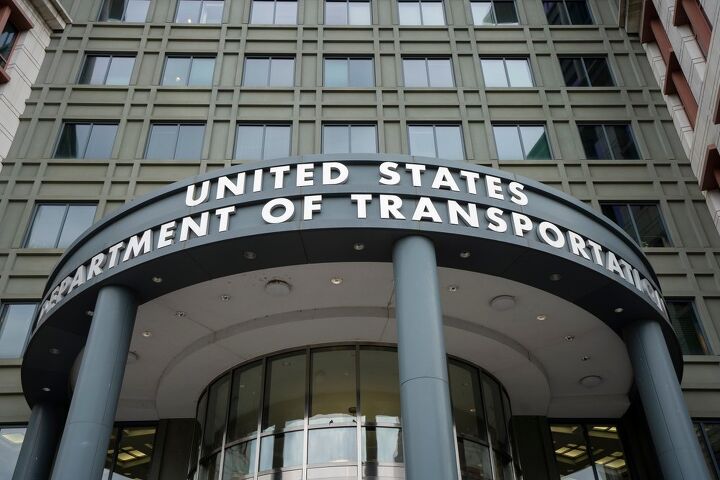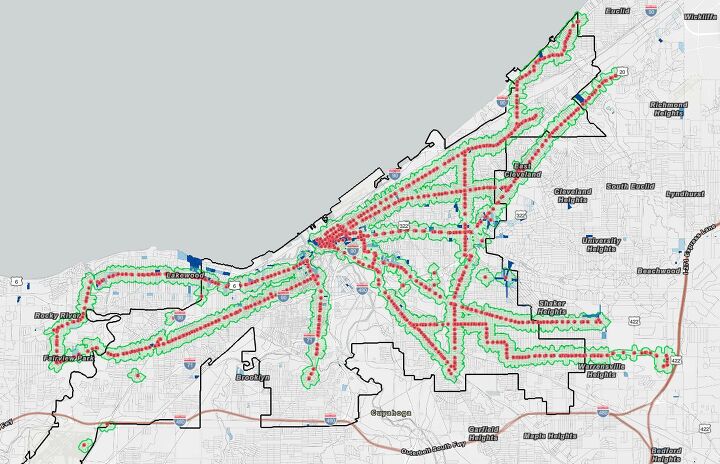#VisionZero
U.S. Traffic Deaths Declined in 2023 But Remain Historically High
The National Highway Traffic Safety Administration (NHTSA) has announced that traffic deaths declined by 3.6 percent in 2023. While this is good news, the United States continues seeing per capita vehicle fatalities at the highest rate witnessed since the mid 2000s.
In 2023, the NHTSA reported 40,990. This is in contrast with the 42,514 on-road deaths cited for 2022. However, the U.S. witnessed a fairly staggering decline in vehicular safety starting around 2015 and we’re still seeing metrics that would be considered high from before that period.
Cleveland City Planners Change Policies to Create 15-Minute City
Cleveland, Ohio, has approved new zoning and transportation policies that are angling to transform it into the next “fifteen-minute city,” The City Planning Commission voted to move forward with changes to building codes in several pilot neighborhoods it wants to make more pedestrian friendly. However, such policies have become contentious with European examples further down the path of progress seeing relatively consistent opposition due to the fact that the ultimate goal is to eliminate the automobile.
Study: Johns Hopkins Says Shrinking Streets Could Improve Safety
A Johns Hopkins School of Public Health’s Bloomberg American Health Initiative study, published late last year, has suggested that narrow streets are safer than wider ones.
It sounds counterintuitive. But let us dig in to see how the report came together.
Hands Free, Eyes On: General Motors University Is In Session
Today, General Motors unveiled the beginnings of a new consumer education campaign surrounding advanced driving systems. Titled “Hands Free, Eyes On,” the movement is an effort to ensure consumers and drivers know exactly what their vehicles are and will someday be capable of.
The eventual goal is, of course, zero crashes, so along with implementing advanced driving technologies such as hands-free driving, GM is educating the public about what all of the various active-safety features, from lane-keeping assistance to adaptive cruise control all the way to hands-off driving. The campaign will live on GM.com, as well as a number of social media channels, and will evolve over time as technologies find their way into dealerships.
New York Pedestrian Fatalities Fall To Historic Low In 2014
New York City mayor Bill de Blasio’s Vision Zero plan — aimed at ending all traffic deaths by 2024 — appears to be paying off, with a historic low of 132 pedestrian fatalities in 2014.
NYC Lowers Speed Limit To 25 MPH For Safety Reasons
Sammy Hagar may not be able to drive 55, but thanks to new legislation limiting rate of travel in New York City to 25 mph, the Red Rocker would be dying to hit the double nickel.





















Recent Comments